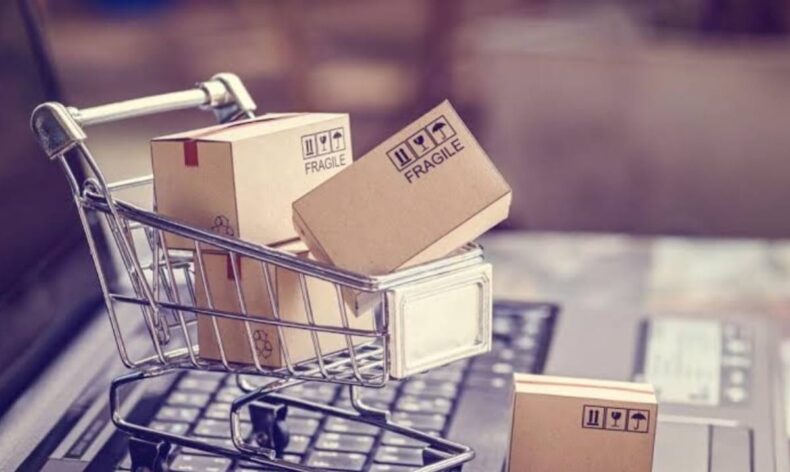Table of Contents
In a country as vast and diverse as India, with a population of over 1.3 billion people, the need for efficient and effective procurement processes cannot be overstated. Over the past few years, e-commerce has emerged as a game-changer in this regard, revolutionizing the way businesses and the government procure goods and services.
According to recent reports, the value of e-market procurements in India has surpassed Rs. 2 lakh crore, a significant milestone that underscores the growing importance of online procurement platforms in the country’s economy.
The Rise of E-Commerce
The rise of ecommerce in India can be attributed to several factors, including the increasing adoption of technology, the availability of high-speed internet, and the proliferation of smartphones. As more and more people in India gain access to the internet, the demand for online procurement platforms has grown exponentially.

The benefits of e-commerce in procurement are manifold. For one, it eliminates the need for physical paperwork, which can be time-consuming and costly. Instead, everything can be done online, from submitting bids to making payments easily and safely.
E-commerce also makes the procurement process more transparent and efficient. With online platforms, suppliers can submit their bids in real time, and the entire procurement process can be tracked from start to finish. This level of transparency ensures that the procurement process is fair and impartial and that all parties are held accountable.
In addition, ecommerce platforms offer a level of convenience that traditional procurement methods simply cannot match. With online platforms, suppliers can access procurement opportunities from anywhere in the world, at any time of the day or night. This level of convenience not only benefits suppliers but also makes it easier for the government and businesses to find the goods and services they need.
Perhaps the most significant benefit of e-commerce in procurement, however, is the cost savings it can generate. By eliminating the need for physical paperwork and streamlining the procurement process, e-commerce platforms can significantly reduce the overall cost of procurement. This, in turn, can help businesses and the government save money, which can be reinvested in other areas of the economy.
Of course, the rise of e-commerce in procurement is not without its challenges. As more and more transactions take place online, the risk of cyber-attacks and data breaches increases. To mitigate this risk, e-commerce platforms need to invest in robust security measures, such as encryption and firewalls.
Another challenge is the issue of connectivity. While India has made significant progress in terms of internet penetration, there are still many areas of the country that lack reliable internet access. This can make it difficult for businesses and the government to take full advantage of online procurement platforms.

Despite these challenges, however, the future of e-commerce in Indian procurement looks bright. As more and more businesses and the government adopt online procurement platforms, the benefits of e-commerce will become increasingly apparent. This, in turn, will lead to even greater adoption and innovation in the space, further driving growth and development in the Indian economy. Also Check: Indian Startups raised a whopping sum of $791M this week
As we move forward, it will be important for policymakers, businesses, and e-commerce platforms to work together to address the challenges facing the industry. By doing so, we can ensure that e-commerce continues to play a transformative role in the way goods and services are procured in India, unlocking new opportunities for growth and development in the years to come.
Conclusion

In conclusion, the growth of e-commerce in procurement is a welcome development for India’s economy. By streamlining the procurement process, improving transparency, and generating cost savings, e-commerce platforms have the potential to drive growth and development in the country.













